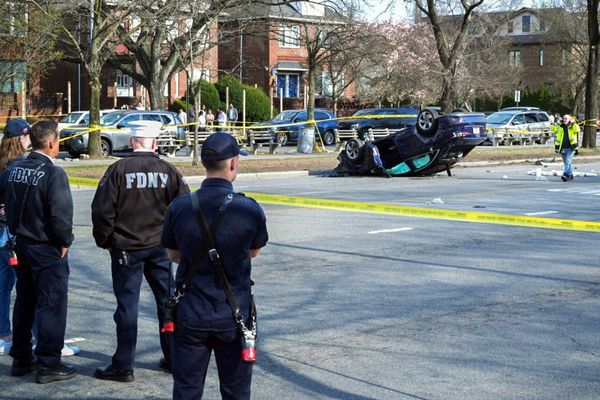Observing that economic offences were a modern threat to the development of the country, the Madras High Court has refused to allow businessman ‘Aircel’ C. Sivasankaran to visit Seychelles as well as France as he was facing multiple cases that were being investigated by the Central Bureau of Investigation (CBI), Directorate of Enforcement (ED) and Serious Fraud Investigation Office (SFIO) for allegedly defrauding IDBI Bank to the tune of over ₹600 crore.
Justice A.D. Jagadish Chandira rejected the businessman’s plea to be allowed to travel abroad after taking into consideration the gravity of the charges levelled against him, the involvement of a huge amount of public money in alleged criminal transactions and the absence of an extradition treaty between India and Seychelles.
The petitioner, Mr. Sivasankaran has been accused of defrauding the bank in collusion with its former employees. He had obtained Seychelles nationality and also sought immunity by claiming to be a diplomat representing that country.
Therefore, the object behind the present plea seeking permission to travel abroad was to be away from India, especially when the investigation against him was at a crucial stage. Though he had claimed to have strong roots in India, he had provided only a hotel room in Chennai as his residential address, the judge said.
On the facts of the case, he said, it was in 2017 that the Chief Vigilance Commission had requested the CBI to probe the sanction of loans by IDBI bank to Finland-based Win Wind Oy.
The investigation revealed that the bank had sanctioned ₹322.40 crore to the company in 2010 in violation of guidelines. Despite it having been declared a non performing asset, another ₹530 crore was granted as a loan to a group company in 2014.
Since the probe disclosed a loss of over ₹600 crore having been caused to the bank due to the collusion between the petitioner and others, the ED as well as the SFIO began individual investigations leading to the issuance of a ‘Look Out Circular’ (LOC) against the petitioner. The High Court had refused to quash the LOC in 2019 and the order was upheld by the Supreme Court in the first round of litigation initiated by the petitioner.
Now, he had initiated a second round of litigation with a modified prayer seeking permission to travel abroad dehors the existence of the LOC on the grounds that his right to freedom of movement could not be curtailed.
Not impressed with the contention, Justice Chandira wrote that the petitioner had approached the court at present seeking “camouflaged” relief and that he was not inclined to grant any such relief.







